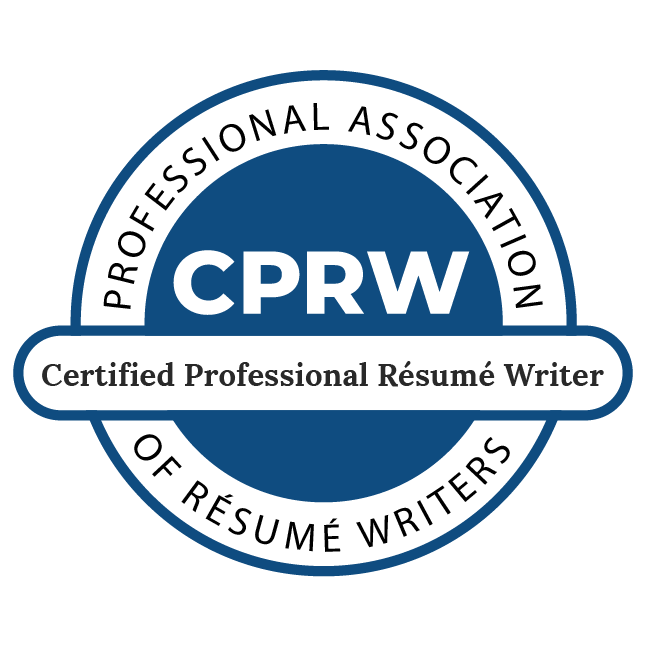You’re not happy at work, that much is certain.
Maybe you’re feeling undue stress, over-apologizing, coming home drained, complaining to anyone who will listen — All these are clear signs of workplace distress.
But the why and the how to fix it are much less clear.
With all the buzz about the Great Resignation, you may conclude that a new role, a new company, or even a new career path are the answer. And maybe they are.
But maybe not.
In today’s labor market, there’s no reason to stay in a job that’s a bad fit.
But before you quit your job and embark on a whole new career path, take a moment to evaluate the source of your frustrations.
Maybe the problem is your job–or maybe it’s your own lack of skill in boundary maintenance, communication, or stress management. Maybe you need to move to a different company–or maybe you need to have a candid conversation with your boss.
Here’s an assessment from executive coach Christine Walker to help you identify your specific areas of disconnect. Christine says that’s the first step to charting a solution. Answer the questions below, then tabulate your responses to help identify the most productive next steps in your career path.
PLEASE NOTE: This assessment is not appropriate for anyone regularly experiencing abuse at work. If you are currently working in a toxic environment, please contact Christine directly.
Career Assessment, Part 1:
Your work feels meaningless or you feel like your life lacks purpose.
You regret that you didn’t have more help choosing a better career path when you were young.
You’re jealous of the kinds of work other people are doing.
You feel like you have more to offer the world or that you’re not living up to your potential.
Working in your industry has given you PTSD or other chronic health problems.
Your passion and energy are being wasted on the wrong things.
The culture of your industry as a whole is toxic, abusive, or doesn’t mesh well with your personality.
Imagining yourself doing your boss’s job sounds less like a challenge and more like a prison sentence.
You don’t enjoy telling people about what you do.
You daydream about retirement.
Your problems can’t be fixed with a raise or by adjusting your job responsibilities.
Career Assessment, Part 2:
You enjoy the work you do, but you don’t enjoy the workplace culture you currently find yourself in.
Your boss and human resources have been unresponsive or ineffective at helping you solve your work-related problems.
You’re being paid less than you would be for doing the same job somewhere else.
One or more people in your organization are overtly or subtly trying to undermine your success.
Your organization is unstable, or you feel like your job is at risk.
You feel stuck or replaceable and can’t see a good path forward.
You are isolated or neglected with little or no support.
You know you’re staying in your job for the wrong reasons.
Leadership is weak, inconsistent, and/or constantly restructuring.
Your organization’s ethics or values don’t align with yours.
You have needs (benefits, location, flexibility, etc.) that could be better met elsewhere.
Career Assessment, Part 3:
You self-medicate or use other avoidance strategies to escape your life.
You’ve had similar problems at other jobs or in other aspects of your life.
Your stress levels are affecting your health, sleep patterns, and/or your relationships.
You have trouble saying, “No” or asking for help.
You are easy to get along with and avoid conflict whenever possible.
It feels unnatural for you to be assertive or set boundaries.
You have been called a perfectionist or wonder if you might be one.
You apologize a lot.
You resent how much harder you work than everyone else around you.
The people you care about get tired of listening to you complain.
You find yourself crying or feeling defensive and angry at work a lot.
Career Assessment, Part 4:
You’ve been sent to sensitivity training.
You get frustrated from being surrounded by people who aren’t as smart as you are.
You insist on having the nicest things.
You believe everyone lies, cheats, or takes advantage of people sometimes.
You change jobs often and have left a string of burned bridges behind you.
You get irritated by tears or feel like crying is a sign of weakness.
You’ve been let go from a job for cause before.
You’re highly opinionated and have been told you’re arrogant by more than one person.
You rarely or never apologize.
You believe you’d do a better job than those in charge.
You lose your temper easily, especially when people act like they’re better than you are.
Career Assessment, Results:
Please Note: These results are for instructional purposes only. Any significant and permanent career changes should be made with the support of a qualified career professional.
Part One:
If you marked the most boxes in Section 1, you would probably benefit most from finding a new career. You are likely someone who needs more than a paycheck to feel satisfied with your work. You need work that gives you a sense of purpose and meaning so you can feel aligned with and connected to the work you do. Consult with a career coach or career counselor who specializes in career changes.
Part Two:
If you marked the most boxes in Section 2, you would probably benefit most from finding a new job. You likely made a good overall career choice, but you would benefit from a more supportive and cohesive company culture and stronger leadership. You will thrive working in an organization that values, respects, and mentors you. Consult with a career coach or resume writer who specializes in job search strategies.
Part Three:
If you marked the most boxes in Section 3, you would probably benefit most from developing a toolbox of resilience and stress-reduction strategies to prevent you from getting overwhelmed. You are most likely a sensitive and compassionate person with many gifts who responds emotionally to praise, criticism, and neglect. In a perfect work environment filled with capable leaders and emotionally intelligent people, you will thrive. And developing a new set of skills can help you thrive in somewhat imperfect work environments too. Consult with a therapist or career professional with expertise in resilience and stress reduction strategies.
Part Four:
If you marked the most number of boxes in Section 4, you would probably benefit most from a new set of rules that inspire more loyalty in the people around you. You are most likely someone who lives by a code or set of rules that reflect your unique set of personal values. You respect those who reflect your values, and you get irritated by those who don’t. To succeed at work, you will benefit by expanding your code so that you can increase the number of people who support you and minimize the number of people who work to undermine you. Consult with a therapist who specializes in Schema Therapy or personality work.


